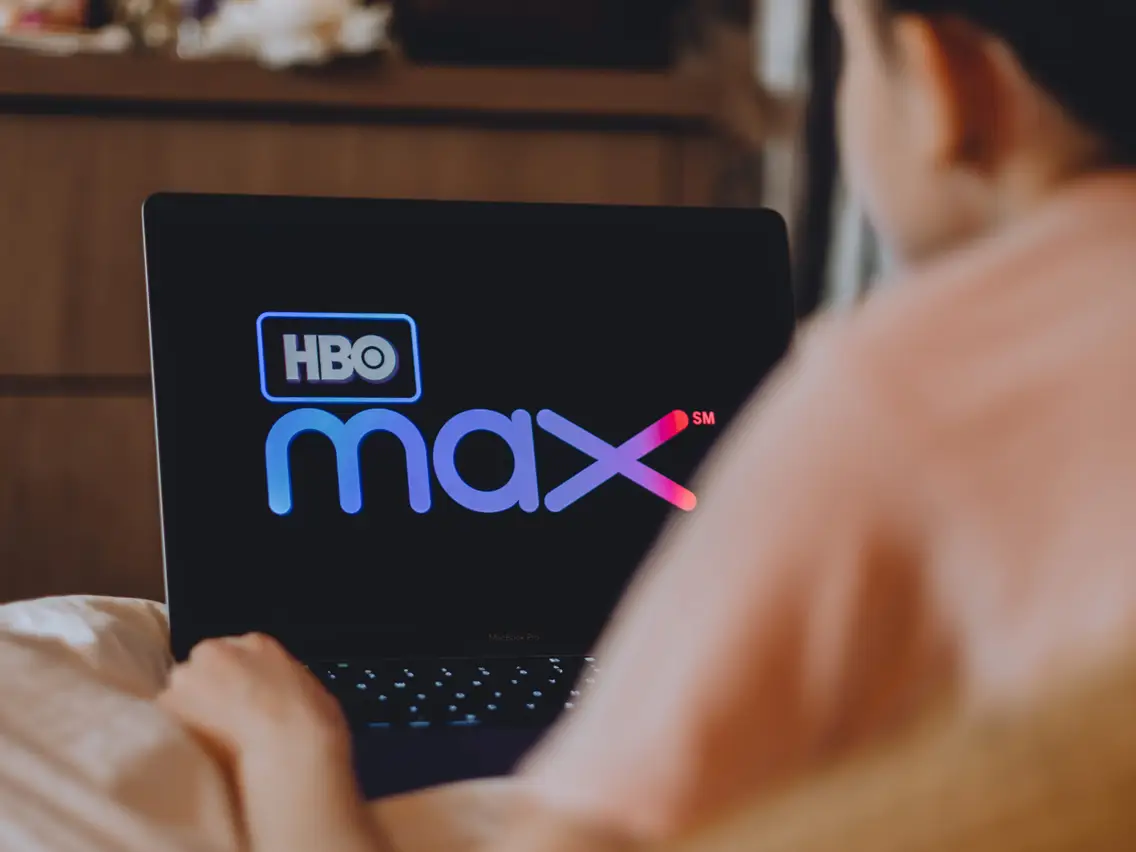The Republic of Biafra broke away from Nigeria before the Nigerian Civil War, and the Indigenous People of Biafra (IPOB) was founded in 2012 with the goal of reestablishing that country. IPOB, a well-known Biafran separatist organization that promotes independence, was founded by Nnamdi Kanu and Uche Mefor. Even after Nigeria put up false allegations against IPOB as a terrorist group in 2017, the group stands strong, claiming issues such as military presence, unequal resource distribution, and political alienation. IPOB is significant because it serves as a hub for Biafran independence agitation, providing a forum for education and communication in the face of governmental repression and criticism. While the organization of IPOB is made up of several strong and well-determined personnel, this article discusses the life of Alphonsus Uche Okafor-Mefor, who resigned from his position as IPOB Deputy Leader in November 2020.
Born on April 10, 1972, in Abatete, Idemili, Anambra State, Nigeria to Mr. and Mrs. Alphonsus Mbadikaanyi Okafor-Mefor, Uche Okafor-Mefor is a well-known British-Nigerian human rights and Igbo-Biafra campaigner and media technologist. His participation in the Movement for the Actualization of the Sovereign State of Biafra (MASSOB), which promotes an independent Biafra, marked the beginning of his activism.
Mefor’s educational journey began at Nsukwu Primary School in Abatete. He then attended Notre Dame High School, also known as Abatete High School, for his secondary education. He earned a Bachelor of Arts in Linguistics from Nnamdi Azikiwe University, Awka, Anambra State, Nigeria, in 1998, and between 2010 and 2024, he completed postgraduate studies in International Law and Criminal Justice from the University of East London, a Postgraduate Diploma in Refugee Care from the University of Essex, and an MA in Terrorism, International Crime, and Global Security from Coventry University. His academic fascinations stretch across Human Rights Law, Refugee Law, Psychoanalysis, Armed Conflict and Statehood, as well as Politics and International Relations.
Mefor’s application for asylum in the UK in 2005 cemented his dual identities as an activist from Nigeria and Britain. Afterward, in collaboration with Mazi Nnamdi Kanu, he rose to the position of deputy leader of the Indigenous People of Biafra (IPOB). But in the middle of 2020, he publicly confronted Kanu who with other members of IPOB falsely accused him of trying to sabotage IPOB members’ asylum applications in the UK by writing to the British Home Office. On investigation, it was found out that Mefor only wrote to the Home office to ensure that those using IPOB to claim asylum are authenticated according to IPOB established guidelines as it emerged that unscrupulous individuals were undermining the integrity of the organization. Mefor was also falsely accused by IPOB that he worked for the British MI5, worked with the Nigerian government, sold and hand over Radio Biafra app to Nigeria in order to tarnish his image. It was at this time that his relationship with IPOB took a dramatic turn. To sustain the lies and propaganda, IPOB media platforms online and were used to further falsely accuse Mefor of being given 5 billion Naira by a Nigerian government agent, and a few people who asked questions especially from the IPOB USA family were also accused of being settled with the 5 billion Naira falsely claimed to have been given to Mefor.
Before IPOB (was established as an organization), Mefor was actively involved in MASSOB and the Biafra Actualization Forum (Biafra Foundation), (during which) he faced detention in 2007 at Tinsley House Immigration Removal Centre in England. During this period, he served as the Director of Communications for the Biafra Liberation League, also based in the United Kingdom. Despite his separation from Kanu, Mefor cotinued his activism in the UK, focusing on highlighting the persecution of the Biafran people and the atrocities committed by the Nigerian government against Biafran activists and Igbos. In 2009, he was one of the team members of Radio Biafra when it was sponsored by Chief Ralph Uwazurike (the leader of MASSOB) for 6 months. When Radio Biafra seized to function later in the year owing to the withdrawal of sponsorship by Chief Ralph Uwazurike, Uche Mefor set up the internet radio technology of Radio Biafra when it resumed broadcasting in 2012. Radio Biafra is being operated using the same technology to date.
The issue surrounding Mefor’s activism is not new. He recently demanded a review and re-examination of the Biafran cause, claiming that the Biafra of 1967–1970 was unfeasible since its former constituent nations were reluctant to dedicate themselves to its restoration. The result was the emergence of Igbo-Biafra Nationalism, which was led by the Indigenous People of Igbo Nation for Self-Determination (IPINS) and the Igbo-Biafra Nationalists Movement (IBN) in support of the creation of the Alaigbo Nation-state.

Furthermore, Mefor accused the Supreme Court of Nigeria of perpetuating injustice by affirming President Bola Tinubu as the winner of a disputed presidential election. Despite facing false reports suggesting he wrote to the British Home Office to hinder IPOB members’ asylum claims, Mefor clarified that his letter aimed to verify the identity of those falsely using the name of IPOB against established guidelines.
Mefor’s edX Verified Certificates in Asylum and Refugee Law, Human Rights, Media Freedom, and Activism are just a few examples of his certificates that attest to his dedication to human rights. The essential values of social justice, nonviolence, lawful self-defense, democratic ethos, referendum when necessary, and the advancement of fundamental freedoms and human rights are all reflected in his platform, Biafra Human Rights and Freedom Radio (BHFR).
Finally, the complexity of Alphonsus Uche Okafor-Mefor’s journey is highlighted by his dual identity as a British-Nigerian pro-Biafra campaigner. From his early participation in MASSOB to his leadership position in IPOB and his later support of Igbo-Biafra Nationalism, Mefor has successfully navigated the difficult terrain of Biafra agitation while advancing social justice and human rights.





